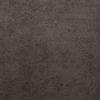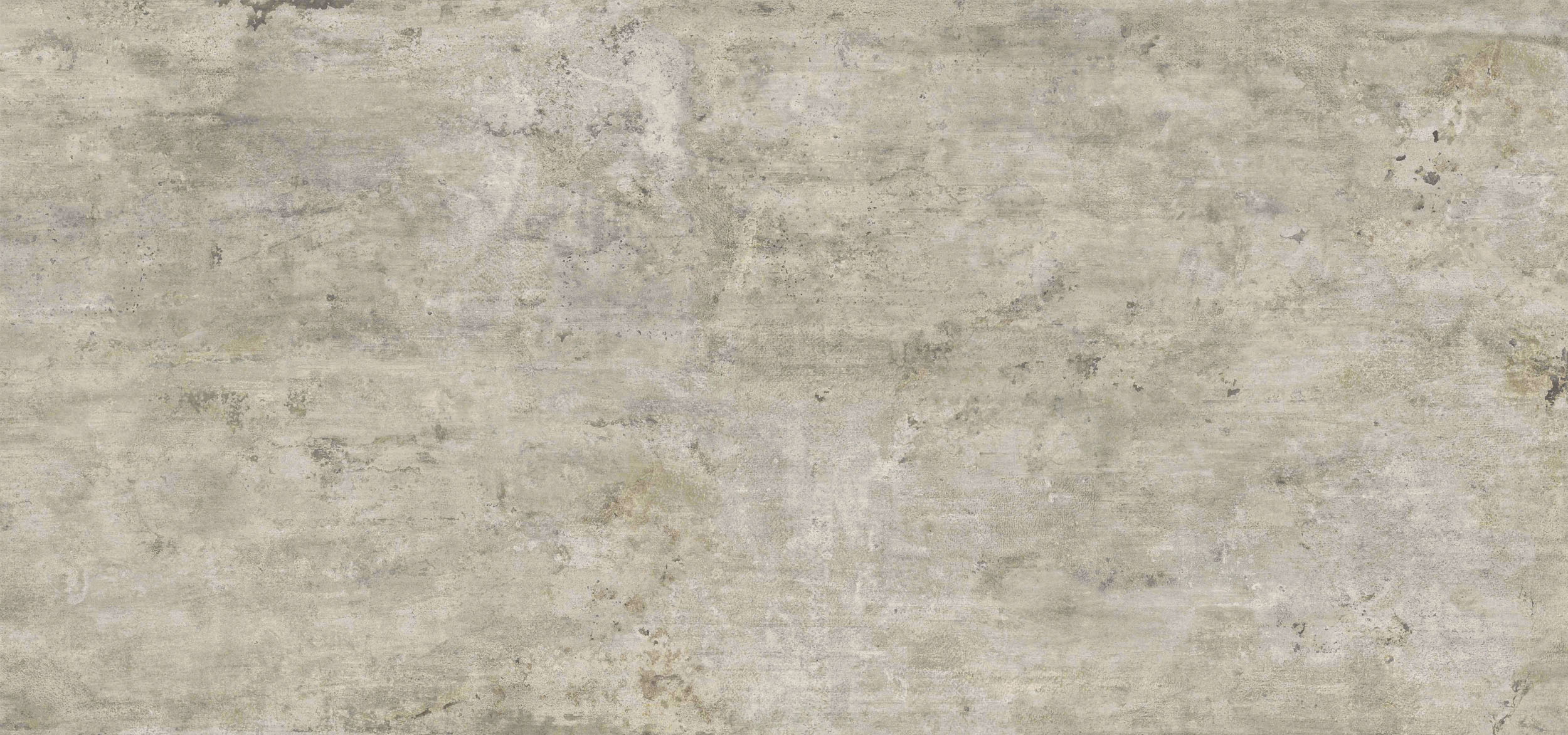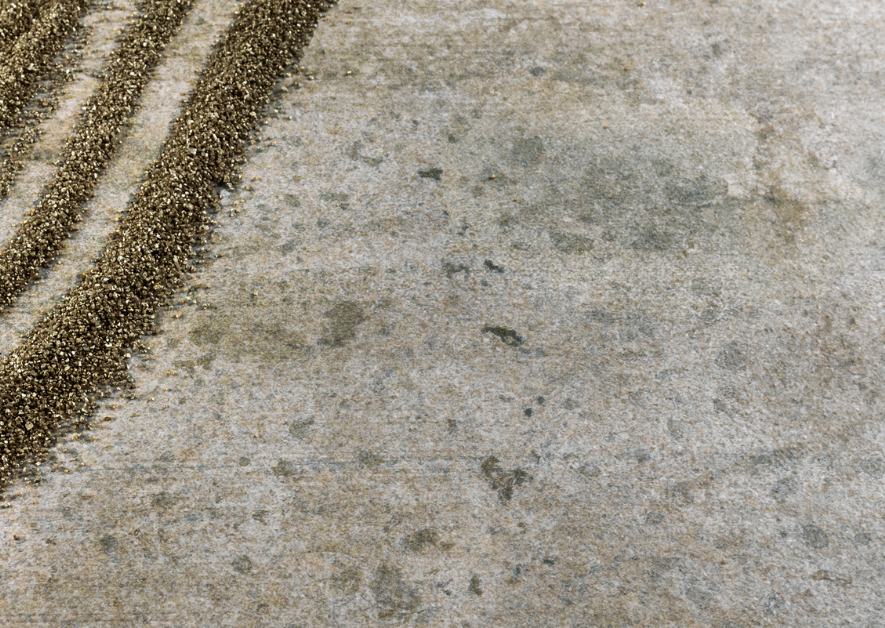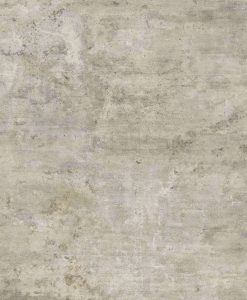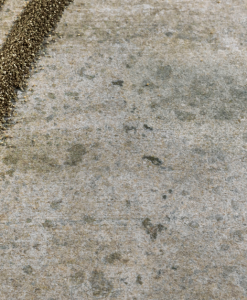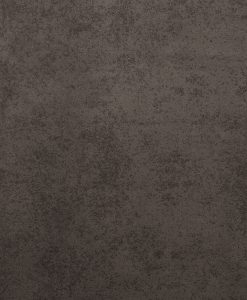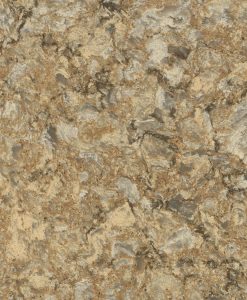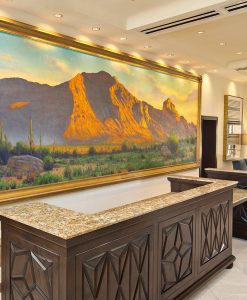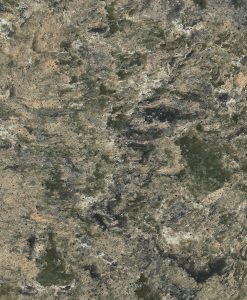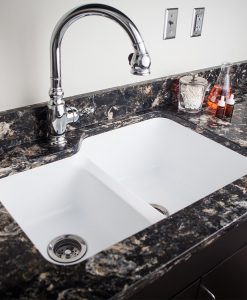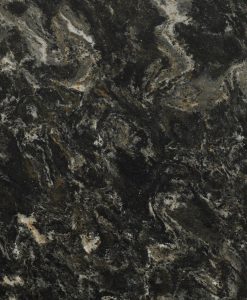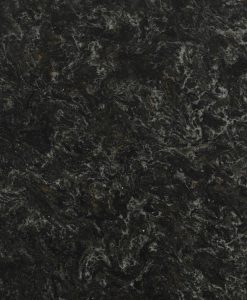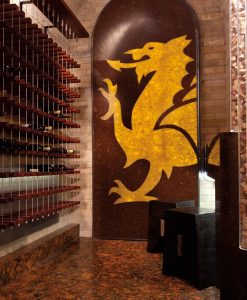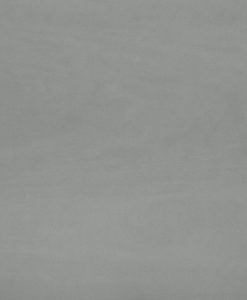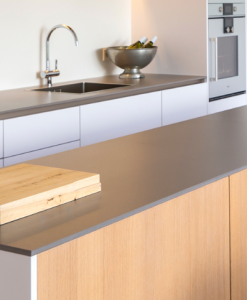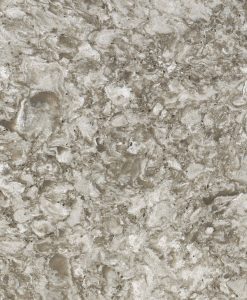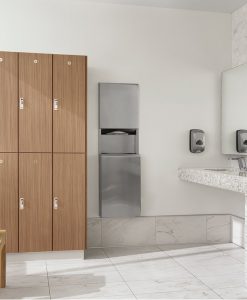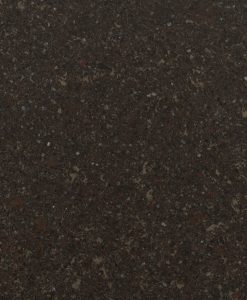CARE AND MAINTENANCE
Use a microfiber cloth to remove dust from the surface. Clean your Neolith countertop daily if necessary. Neolith countertops can be washed with warm water, to which a detergent can be added, used in the dose recommended by the manufacturer. (Avoid products containing hydrofluoric acid and its derivatives). Rinse with warm water and dry with a cloth or similar. If liquids are spilled, it must be dried immediately. The faster you clean and dry spills, the easier it is to remove stains. It is not advisable to use waxes, oily soaps, impregnating agents or other treatments (hydro-oil repellent) on the product, because its application is not necessary at all. Some of the detergents currently on the market contain waxes or polishing additives that, after several washes, can leave an oily film on the surface of Neolith.
Do not hit your Neolith countertop with a blunt and heavy objects. It could chip or even break (the edges are the most sensitive to physical damage). TIP: During treatment, closely examine the spot. If the spot is still there, but is lighter or reduced, you know the treatment is working. Keep applying until the stain is completely gone.
Some products may not be removed by normal cleaning operations and specific procedures must be used, depending on their nature. The amount of time the substance remains on the surface is very important, as it is advisable to clean the area as soon as possible. This will prevent it from drying out and allows to be cleaned easily. Here are some of the substances listed for removing stains. Types of Stains Types of detergents Grease Alkaline / Solvent Oil Solvent Ink Oxidant / Solvent Rust Acid Lime Acid Cement Acid Wine Alkaline / Acid Coffee Alkaline / Solvent Rubber Solvent Plaster Acid Epoxy glues Solvent Candle wax Solvent Iodine Oxidant Blood Oxidant Ice cream Alkaline Resins Solvent Fruit juice Oxidant Permanent marker Solvent Aluminum scratches Acid



